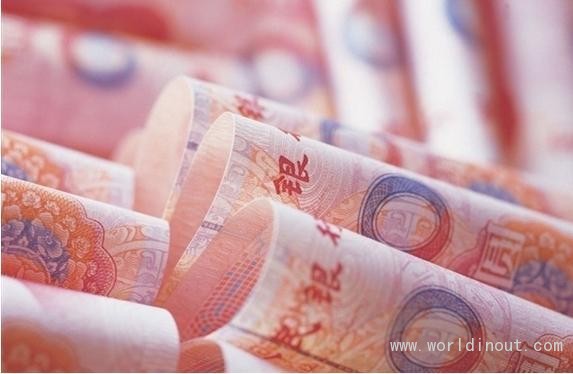The team was set up in 2014 and has made progress on technology, legal issues, and the impact on financial systems.
Digital currency costs less in circulation than traditional paper, facilitates trade, boosts transparency, and cuts money laundering and tax evasion, according to the People's Bank of China at a conference on digital currency.

They will improve the central bank's control of currency, and bolster new financial infrastructure and complete payment systems, it added.
Taking the step would thrust China into largely uncharted waters. Ecuador last year became the first nation to issue state-backed digital money. All of the banks in the tiny South American country have been told to get behind the push.
Hu Zhibing, the chief operating officer at Haoyouqian.com, a crowd-funding startup in Beijing, said digital money is "definitely the future".
"China must seize the first-mover advantage to get on board – the central bank would be a sinner of the whole nation if other countries moved ahead while China lagged behind."







